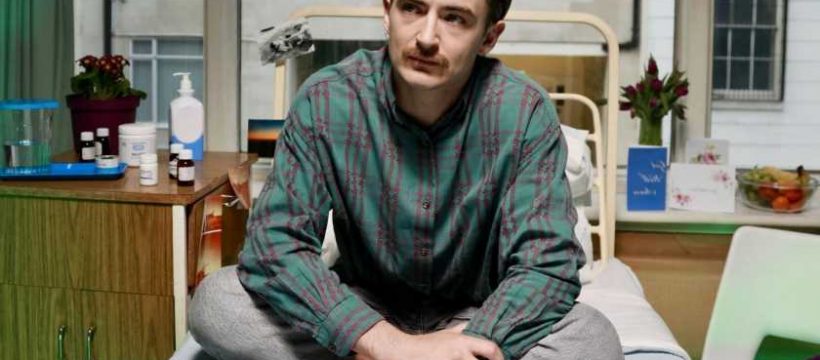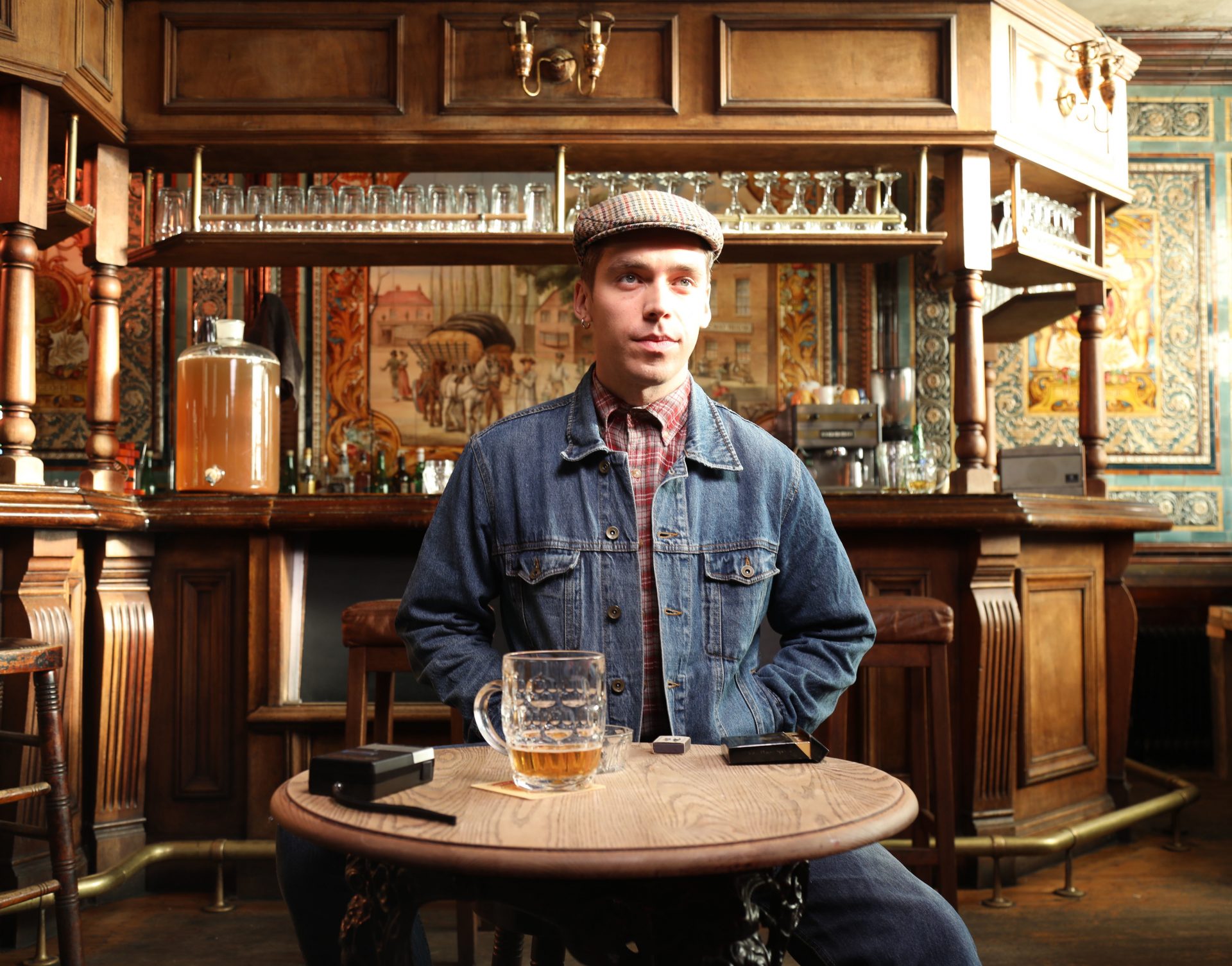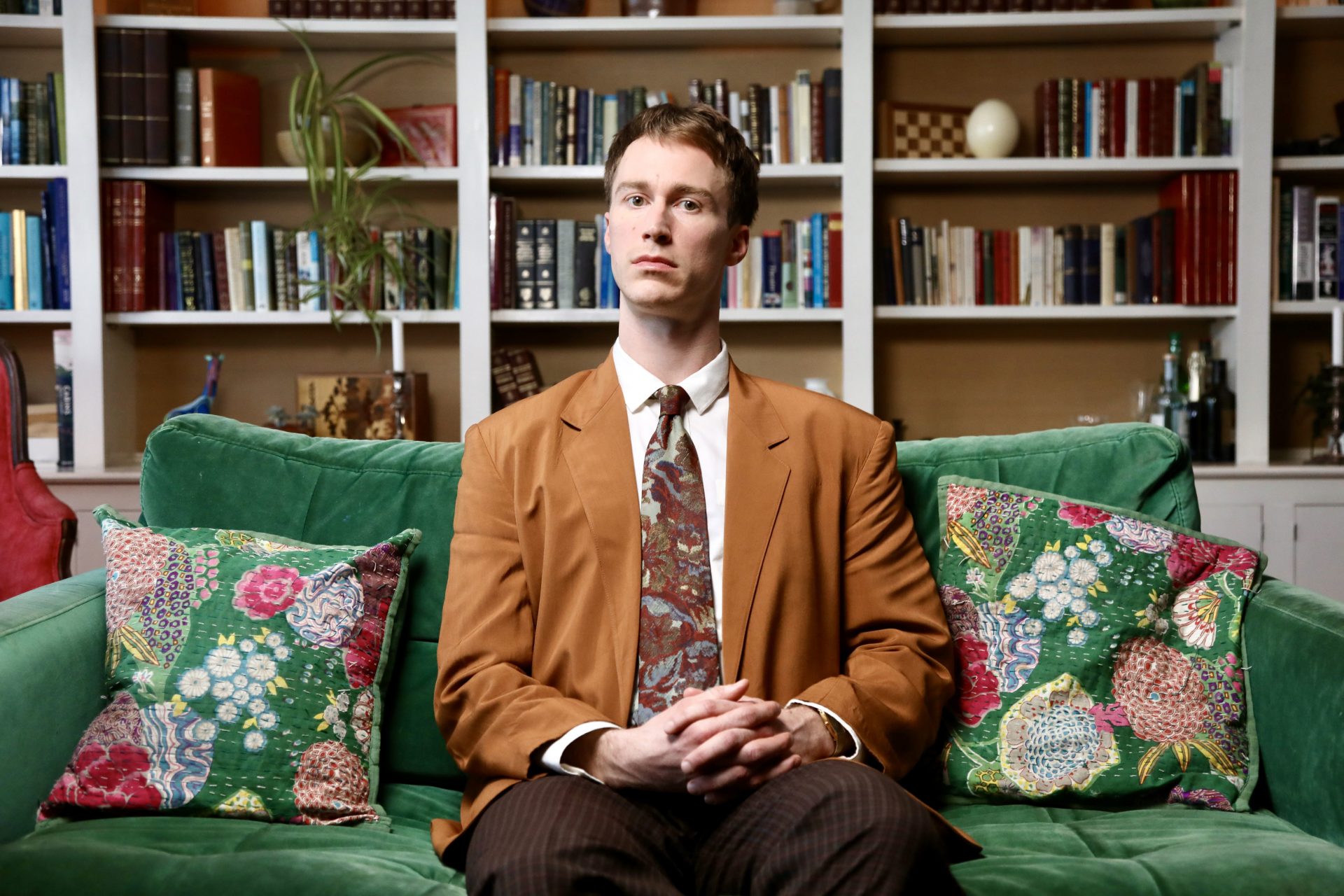Forty years after the death of Terry Higgins, one of the first people to die of an Aids-related illness in the UK, a new BBC documentary tells the story of the British Aids crisis as it’s never been heard before.
Forty years ago, a mysterious disease first appeared in Britain’s gay community. A deadly and complex virus with no known cure, the so-called ‘gay plague’ arrived at a time when homophobia and discrimination were rife. News of the deadly illness isolated those in the gay community and few could talk openly about their experiences.
As the crisis grew, a small group of pioneering researchers began recording audio interviews with HIV-positive gay men and their friends to document how the crisis had impacted them and their community. Offering a frank, intimate and sometimes humorous account of life at the heart of the Aids epidemic, these fascinating tapes have been tucked away in the British Library and never broadcast. That is, until now.
You may also like
Gateways Grind: Sandi Toksvig is uncovering the forgotten story of an iconic lesbian club in this new BBC documentary
To coincide with Pride month, an innovative new BBC documentary series is giving viewers a valuable insight into the reality of the Aids crisis through those who lived through it.
Bringing to life the moving first-hand stories of gay men with the disease throughout the 80s and 90s, three-part series Aids: The Unheard Tapes sees young actors lip-sync along to the original voice recordings in a real-time oral history project.
Starting with the death of Heaven barman Terry Higgins in 1982, who was the first recorded Aids death in Britain 40 years ago, the series explores how pioneering medics and the gay community worked together to raise awareness, fight prejudice and ultimately find ways to treat the devastating virus.
The series features the stories of men who are identified by their first names only, including David, Pete, John, Tony, Michael, Jonathan and Tony O. Their accounts, recorded at the time, give an insight into what it was like to hear about the virus for the first time and cope with discovering their diagnoses during a climate of heightened stigma and fear.
“Because it was sexually spread among homosexuals there was a complete lack of concern,” activist Tony Whitehead explains in the documentary.
“Do you realise what this means?” John recalls his doctor asking. “You will die and kill anyone if you have sex, and you can’t get life insurance or a mortgage. I sat there completely stunned.”
The documentary, which is narrated by actor Russell Tovey, interweaves these historical testimonies alongside new interviews with British activists, scientists, doctors and nurses who lived, worked and campaigned throughout the crisis in the midst of government misinformation and media hysteria.
They include clinical immunologist Professor Anthony Pinching and gay rights activist Julian Howes, alongside important figures from the HIV and Aids charity the Terrence Higgins Trust, including former chief executive Nick Partridge, co-founder Rupert Whitaker and Tony Whitehead, the first chair of the organisation.
The series ends in 1996 with the emergence of the first successful drug combinations, which revolutionised survival hopes for people with HIV.
As series like It’s A Sin have recently proved, there is still much work to be done in preserving LGBTQ+ history that has shaped the landscape of British culture, as well as raising awareness of HIV for the next generation. With this new series, we get another opportunity to honour the stories of those who came before and keep their memory alive.
Aids: The Unheard Tapes airs tonight at 9.30pm on BBC Two and then on BBC iPlayer.
Images: BBC
Source: Read Full Article


